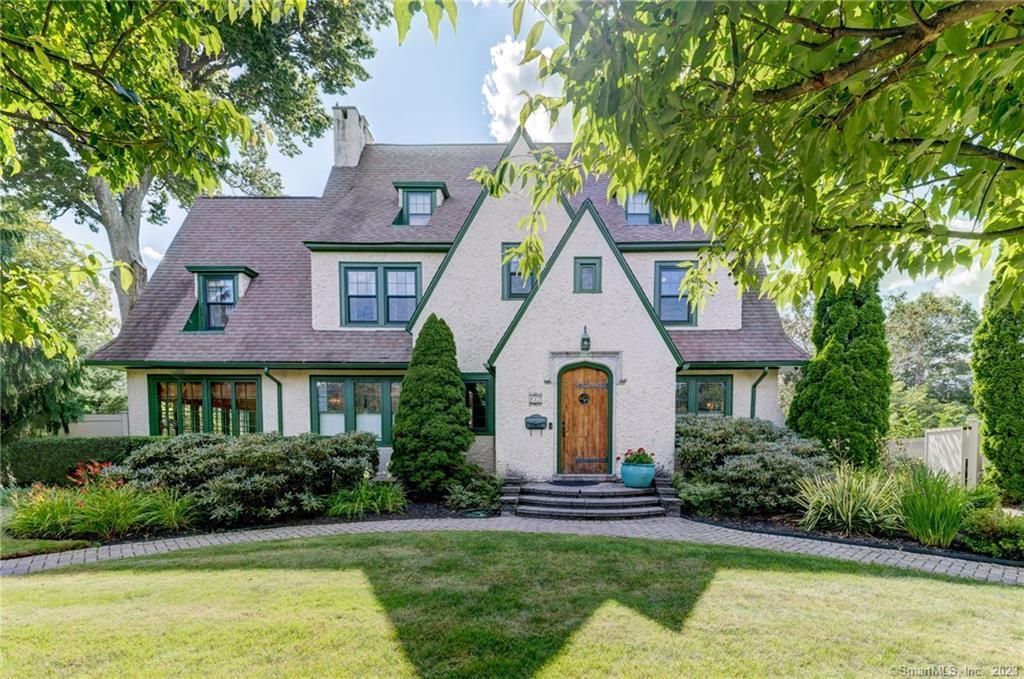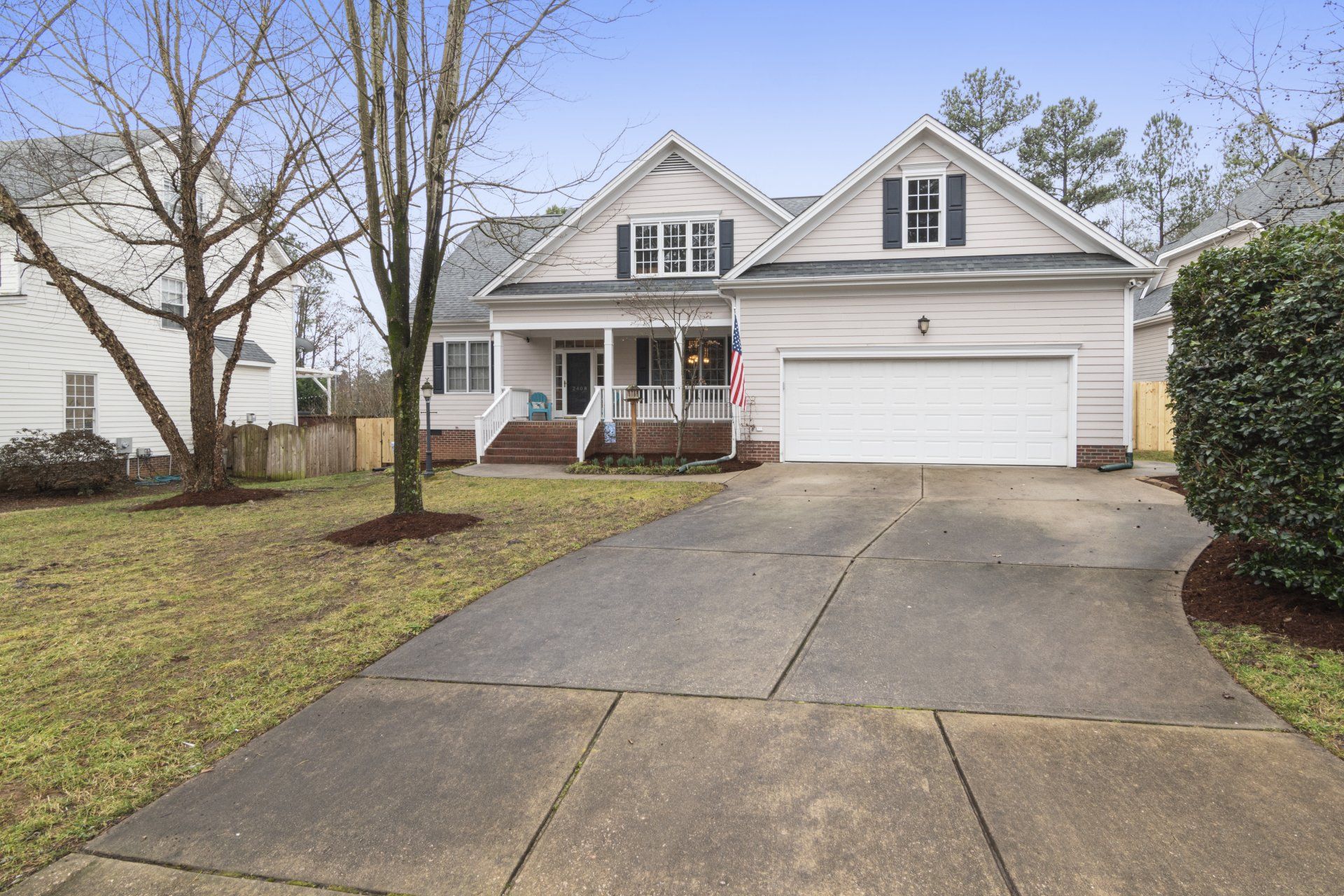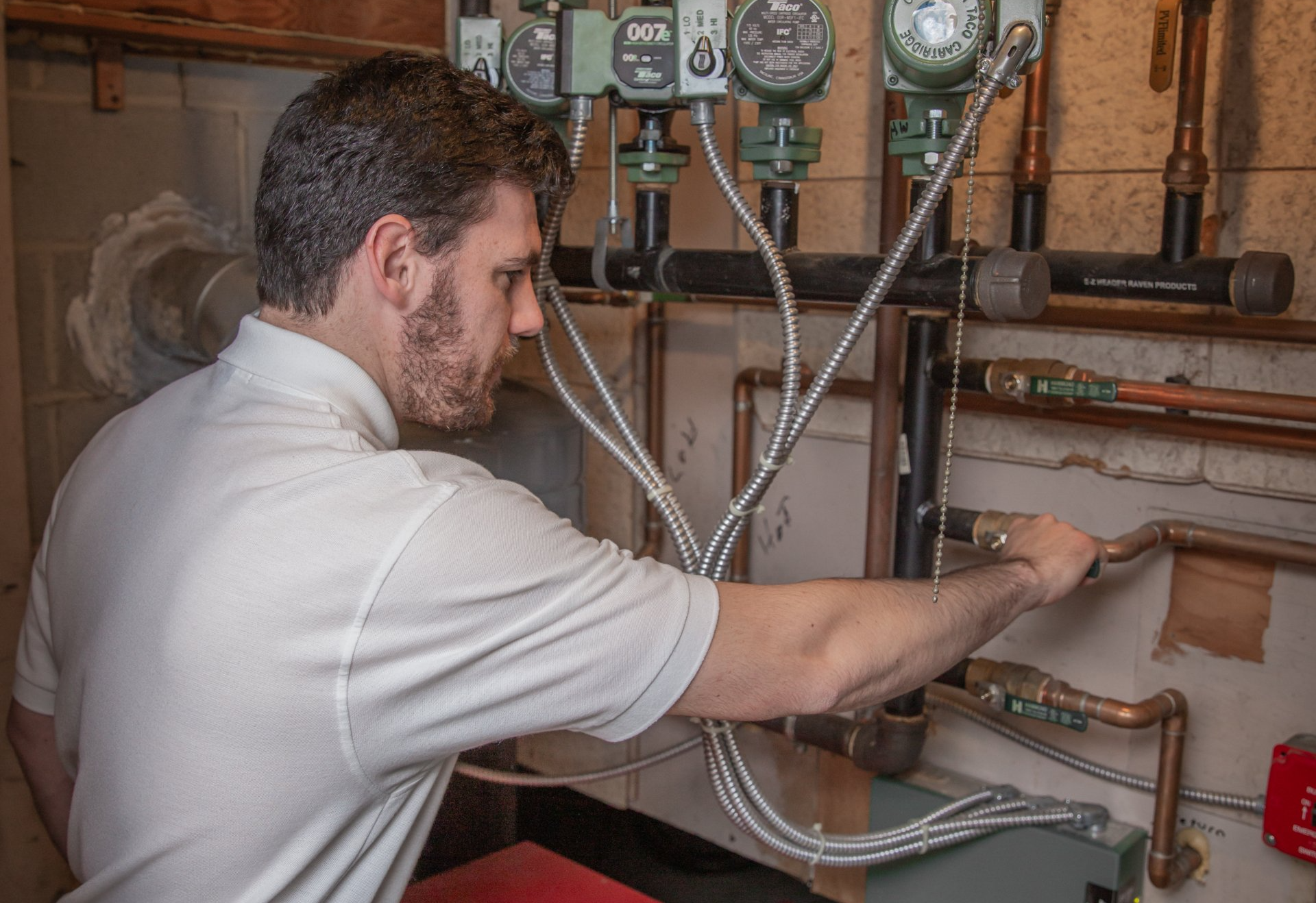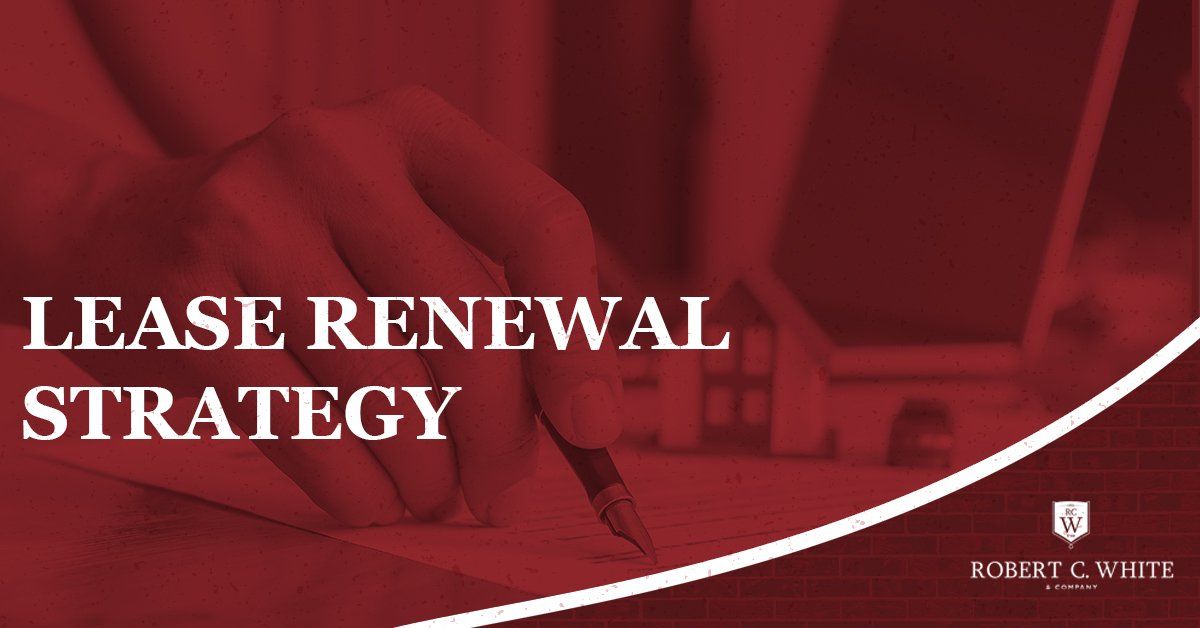Tax Magic: 1031 Exchanges Explained
Robert C. White • May 1, 2020
1031 Exchanges
One of the most under-appreciated benefits of “buy and hold” real estate are those related to taxes.
Most real estate investors understand and “get” the main tax benefit of “buy and hold” real estate . . . the ability to write off depreciation, a non-cash expense. In certain situations investors are able to “lose money” on paper and get a tax loss they can apply to other gains, while actually having a positive cash gain from that investment property. In other words, they can make money on an investment and get a tax write off at the same time. Now that’s cool!
A less understood tax benefit is the ability to defer capital gains from a sale of investment property through a properly executed 1031 exchange. I am here to tell you that 1031 exchanges are great and have the potential to save you a lot of money that you would otherwise pay in taxes. But you need to have a high-level understanding of them so you can identify when an exchange would, or would not, make sense.
Author’s note . . . I am not a tax or legal professional. This is meant to be educational. You are not allowed to do a 1031 exchange on your own, so get professional help if you plan on executing one of these.
Now, let’s get into some details.
1031 Exchange: An Overview
Typically, when you sell an investment you have to pay taxes (as it relates to “buy and hold” real estate, both capital gains and depreciation recapture). However, the IRS has an exception (outlined in Section 1031 of the tax code, hence 1031 Exchange) that allows you to change your real estate position into a “like-kind” investment without paying taxes.
The high level idea is if you exchange one real estate investment for another within certain timelines, following certain rules, and by using independent people you are allowed to defer the capital gains until you do sell down the road.
To make it tangible, let’s imagine I own a single-family home rental in Middletown, CT that will sell for $250,000 in today’s market. It has appreciated well, but I am looking for better income, which I find with a 2 family home in Hamden, CT for $300,000. If structured correctly, I would be able to sell the single-family home and buy the 2 family home within 180 days and I would pay no capital gains. The cost basis (i.e., what I bought the investment for and how much I have depreciated) of the single-family home will be passed on to the 2 family home for tax purposes.
In theory, I can do this over and over again until I pass away . . . at which time there is another wonderful tax advantage of real estate . . . stepped up basis - but that is too much detail for this article. Just know that it is another reason “buy and hold” real estate is such a great investment!
Alright, that is the high level. 1031 Exchanges are a complicated topic, with lots of nuances. That’s why it is so important to get expert advisors involved. To make things simpler, I am going to outline “delayed exchanges”, where you sell a property and then buy another one days or months later. It is the most common, and frankly, it is less complicated. Let’s get into some more details.
What is "like-kind" property:
The IRS requires that the exchange must happen with “like-kind” assets. Fortunately, the IRS is actually pretty open in its definition of “like-kind” assets for investment or business real estate. You can sell a two-family rental home and buy commercial property. You can sell land and buy a vacation rental. You can sell 2 single-family home rentals and buy an industrial building. However, you cannot sell investment property and buy personal real estate (though there are some exceptions related to conversion to personal use) and you can’t sell other investments, say art, and buy real estate (or vice versa).
Another important thing to understand is that the IRS looks at the value of the real estate being exchanged, not the number of properties being exchanged. So, you could sell 4 two-families and exchange it by buying 1 commercial property or even sell 1 or 2 industrial buildings and exchange it by buying 40 single-family rentals. What matters is the value of the sale (and the mortgage amount, but more on that later).
As long as you are selling investment or business real estate and buying investment or business real estate, the assets are considered “like-kind”
Qualified Intermediary:
Under Section 1031, the IRS considers proceeds received from the sale of investment property to be taxable. For this reason you cannot take possession of the funds and need to use a Qualified Intermediary to receive the funds of the sale and make the payments to purchase the new investment property. The Qualified Intermediary can be a person or company, but you want to work with someone that is an expert in this arena. You also want to get them involved ideally before you list your property for sale, but definitely as soon as you can after you have a sale contract in hand.
Identification Period:
You have 45 days from the sale to identify up to 3 potential exchange properties. These are calendar days, not business days and if you miss the 45 day window you are out of luck and have busted your 1031 Exchange. The date is critically important. You have a few other options regarding identification to accommodate the fact that you may be trying to take a large property and turn it into several smaller properties and to give greater flexibility.
- You can identify properties that total 200% of the sale price (i.e., if I sell a commercial building for $5 million, I can identify up to $10 million worth of other properties).
- You can identify as many properties as you like as long as you end up buying at least 95% of the value of the identified properties.
Purchase period:
Now, there is another major date driven event that cannot be missed. You must buy the exchange property within 180 days of the sale. This works on calendar days as well and if you miss it by 1 day, you busted your 1031 Exchange. Some people make the mistake of thinking they have 180 days after they have identified the exchange. You do not. If you identified the properties on day 45, you have only 135 days left to get the exchange properties purchased.
Rule of thumb to make sure you pay no taxes:
Two important rules of thumb to make sure you pay no taxes as part of the 1031 Exchange:
- Make sure the property(ies) you buy cost more than the property(ies) that you sold.
- Make sure the mortgage on the property(ies) you buy is bigger than the mortgage on the property(ies) you sold.
What happens if the property you buy is worth less than the one you sold or if your mortgage on the new property is less than the one you sold? Well, the IRS considers that “boot” and you will get taxed on it. In essence you defer part of the capital gains, but not all of them.
It is not the end of the world, and there may be circumstances where you want or need to take some of the cash off the table, which would lead to partial taxes. However, if you want to have no taxes, remember, the new property(ies) should cost more and have bigger mortgages.
Final Thoughts:
So, you now know enough about 1031 exchanges to be dangerous . . . but as mentioned, do not do this alone. You have to use a 3rd party Qualified Intermediary, and you should always get your tax professional involved.
One last thing, the benefits of a 1031 exchange are great, but the exchange is not without cost or complication. Make sure you have calculated the taxes if you sold without an exchange and how much you would defer using an exchange. Depending on the numbers some people decide it is easier to pay the taxes now and buy the new property the old fashion way, but on their own timeline and without the extra hoops and expense.

